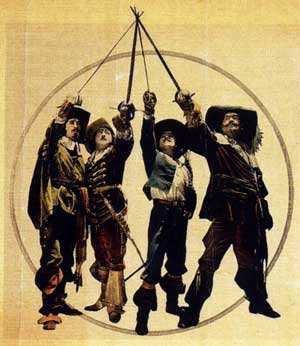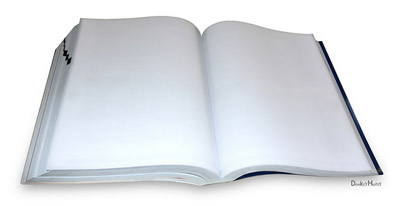The Role of the European Council
The European Council can also be seen as the institution where the power lies. Over the years, it has acquired a role and position that were not envisaged in official texts such as the Stuttgart Declaration (1983) in the earlier stages of European integration. The European Council today acts as an ultimate decision-maker and court of appeal for settling cases too complex for the Council of Ministers (Schoutheete, 2012, p.57).

Think of the European Council also as the centre of power and ultimate decision maker.
Another role acquired by the European Council is the open method of co-ordination (OMC). It was established by the European Council in Lisbon in 2000. The aim of the OMC is to deal with socio-economic challenges, for which the policy powers are located at the national or sub-national levels and where voluntary co-operation is needed (Schoutheete, 2012, p.58-59).
According to the European Commission, the OMC includes the following elements:
- Fixing guidelines and timetables for achieving short, medium and long-term goals
- Establishing quantitative and qualitative indicators and benchmarks tailored to the needs of Member States and sectors involved, as a means of comparing best practices
- Translating European guidelines into national and regional policies, by setting specific measures and targets
- Periodic monitoring of the progress achieved in order to put in place mutual learning processes between Member States
As a result, the European Council itself became a forum where national experiences could be compared and solutions discussed.
Over the years, the European Council has also become a primary actor in the formulation of foreign policy. It has issued many statements on existing or impeding crises, like in March 1999 on the eve of NATO air strikes in Yugoslavia (Schoutheete, 2012, p.59).
The Lisbon Treaty has re-enforced this role by adding: ‘the President of the European Council shall convene an extraordinary meeting of the European Council in order to define the strategic lines of the Union’s policy in the face of such developments’. The decisions during such meetings are adopted by unanimity (Schoutheete, 2012, p.59).
The Lisbon Treaty Article 15, 4d, also states that:
‘The President of the European Council shall, at his level and in that capacity, ensure the external representation of the Union on issues concerning its common foreign and security policy, without prejudice to the powers of the High Representative of the Union for Foreign Affairs and Security Policy”.
(Consolidated versions of the Treaty on European Union and the Treaty on the Functioning of the European Union, 2010)
Read the following articles:
- Two new leaders in search of a job description, 2009.
- EU finds a clearer voice in the UN, 2012.
- Three presidents to collect Nobel Prize, 2012.
What are the areas of potential conflict between the roles of the President of the European Council and the High Representative? How are the common positions represented at the United Nations?

The President of the European Council, the President of the European Commission and the President of the European Parliament – Rivalry or well-established relationship?
The European Council has also gradually become central to treaty negotiations. Historically, its role in the treaty negotiations was significant but there were other key actors. In the negotiations of the Single European Act (1986), the text was finalised by the officials and foreign ministers. The increase in contribution of the European Council can be noticed since the Treaty of Maastricht, when the important decisions were made by the Council together with ministers of finance and foreign affairs. During the Nice Treaty negotiations, all the problems were solved at the European Council level and the role of ministers was less significant (Schoutheete, 2012, p.61).

The European Council today plays a key role in treaty negotiations.
As you can see, the agenda of the European Council became overburdened over the years. Today, the Heads of Governments and States have to meet more frequently than ever before. However, these meetings can clash with their national duties and very busy diaries.
Conclusion
- The European Council has gained powers and functions over the years. The Heads of States and Governments have played a significant role in the management of the European Union.
- Making the European Council an institution was a practical consequence of the acquired powers.
Calendar
| M | T | W | T | F | S | S |
|---|---|---|---|---|---|---|
| 1 | 2 | |||||
| 3 | 4 | 5 | 6 | 7 | 8 | 9 |
| 10 | 11 | 12 | 13 | 14 | 15 | 16 |
| 17 | 18 | 19 | 20 | 21 | 22 | 23 |
| 24 | 25 | 26 | 27 | 28 | 29 | 30 |
Leave a Reply